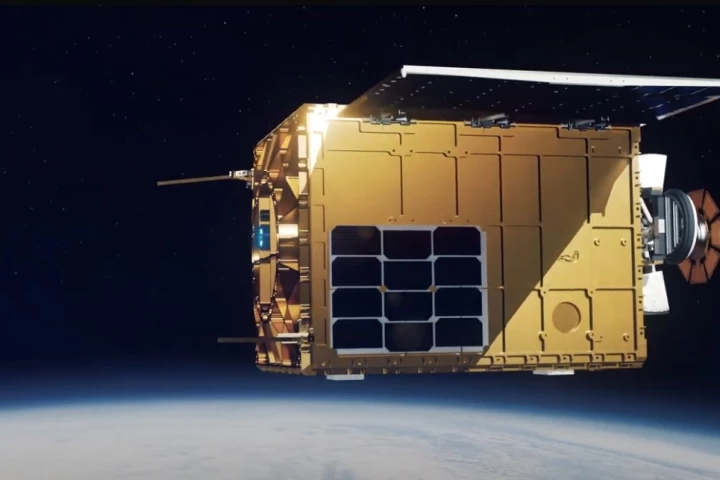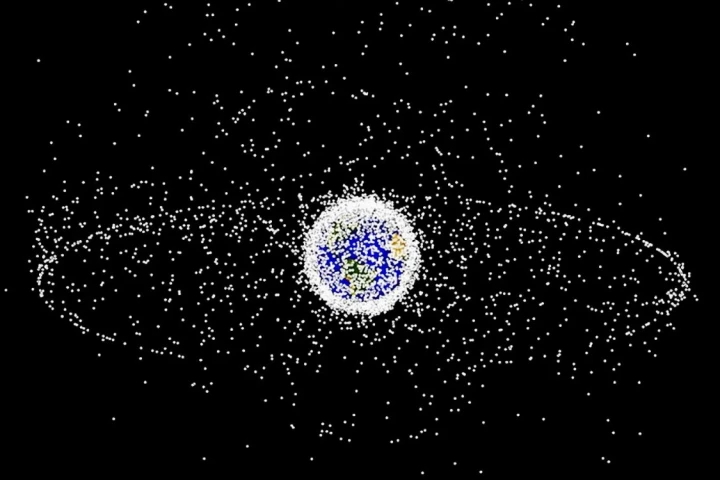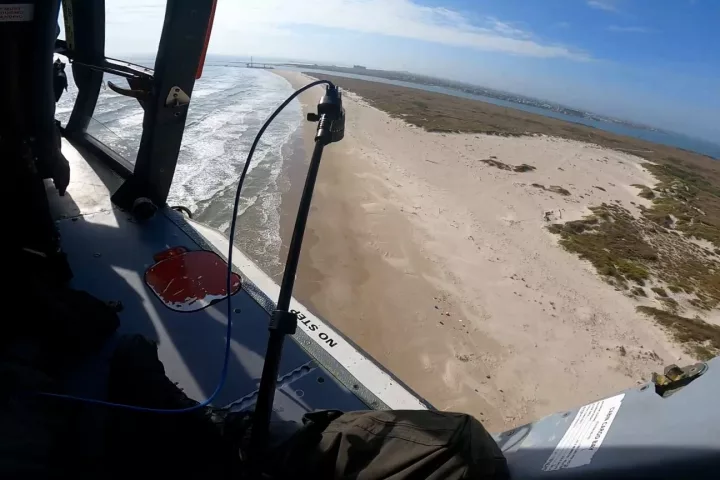Debris
-
Satellites could have a longer life and space become a bit tidier if Starfish Space's Otter Pup 2 mission pans out. Scheduled to launch later this year, it aims to demonstrate how a small craft can dock with unprepared satellites for service or disposal.
-
Tiny bursts of electrical energy caused by collisions of objects no wider than a pencil lead could one day allow pieces of space debris smaller than one millimeter in diameter to be tracked, reducing the danger to spacecraft in Earth orbit.
-
New research has found that a gene associated with an increased risk of Parkinson's disease also contributes to the build-up of cellular debris in the brain. The researchers say targeting this mechanism could lead to new, more effective Parkinson’s drugs.
-
SpaceX has lost up to 40 satellites of its Starlink internet constellation due to a geomagnetic storm that is knocking them out of orbit. The satellites were part of a batch of 49 that were launched on February 3 and had not reached their operational altitude.
-
Marine debris is a huge problem, both when it's floating at sea and when it gets washed up on the shore. In order to locate the latter for removal, scientists are developing AI-enabled drones which will spot human-made beach trash from the air.
-
A space-debris-clearing drag sail developed by Purdue engineers called Spinnaker3 that is large enough to pull a spent rocket booster out of a 400-mile orbit to safely burn up in the Earth's atmosphere will be put to the test next month.
-
Private orbital debris removal company Astroscale has demonstrated its magnetic capture system that is designed to tackle the problem of space junk, with its ELSA-d servicer satellite managing to capture a simulated piece of space debris in orbit.
-
Debris orbiting in high Earth orbit is not being tracked closely enough, according to the results of a new survey, and could pose an unexpected threat to important satellites that provide communication, weather observation and navigation services.
-
A team of ESA scientists has developed a way to use lasers, special telescopes, detectors, and light filters tuned to specific wavelengths to increase contrast with the sky and accurately track space debris even in broad daylight.
-
Space debris is a serious problem that won’t be going away anytime soon, but researchers have put forward a novel way to keep things in check, making a case for charging satellite operators an “orbital-use fee” to reduce the risk of collisions.
-
DirecTV has been granted permission by the US Federal Communications Commission (FCC) to send a damaged communications satellite in danger of exploding due to its severely damaged batteries into an emergency disposal trajectory.
-
ESA has commissioned the world's first mission to recover a piece of space debris in orbit. At the end of November, the Ministerial Council consortium awarded a service contract to a consortium for the ClearSpace-1 mission to launch in 2025.
Load More











